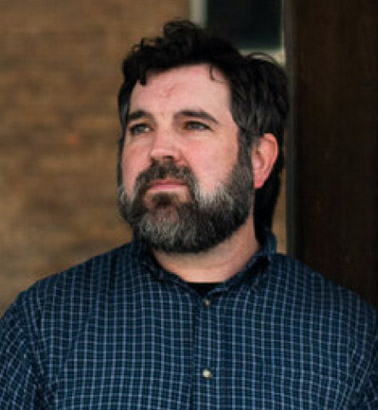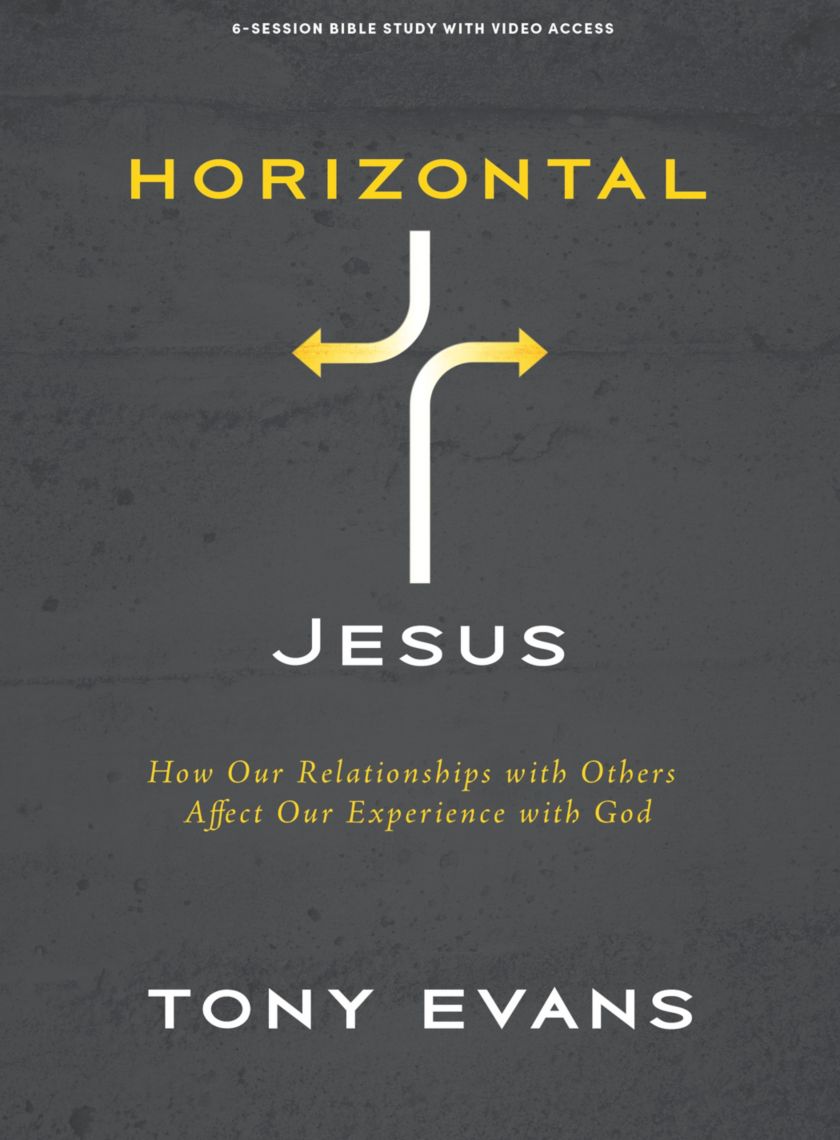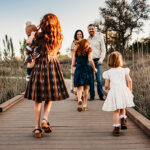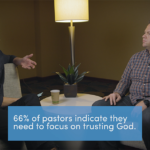
Autistic people will be in your congregation. They too are fearfully and wonderfully—if a little differently—made.
By Daniel Bowman Jr.
During the coffee hour before the service, strangers smile wide, pump my hand, and ask classic small-talk questions that should be simple, but aren’t for me, like, “How are you?”
I don’t know, and I’m not sure if they want a real answer. I tend to take things literally, overthinking these exchanges. I feel the sweat on my forehead. I slurp my coffee too quickly, burning my tongue.
After I’ve carefully selected the exact seat I need (near the middle, on the aisle), the pastor suddenly issues a call to fill the front of the sanctuary: “Don’t be shy, everyone move up—yes, that means you!”
There’s unwanted direct eye contact. I’m frozen with fear.
We’re doing “popcorn prayer” and I’m the only one who hasn’t offered up a petition because my selective mutism has decided to kick in; or my senses are overloaded from the worship band’s volume and intensity; or I’m practicing in my head what to say but I’m nervous and know the words won’t come out right.
Someone behind me touches me with no warning and begins praying loudly. Others lay their hands on my highly sensitive neck, shoulders, and head. This startles me, making me cringe—making me wish I’d stayed home this morning.
When well-meaning people in a community of faith (or anywhere, really) learn of my autism, they have varied reactions:
“I would never have known; you don’t look autistic.”
“Are you sure you have autism? You just need to learn to relax. Smile—life’s not that bad!”
“My nephew has autism and you’re not like him at all. You’re really high-functioning.”
“I think you mean ‘a person with autism.’ Saying ‘autistic’ is very negative.”
“It’s inspiring that you’re overcoming your autism. You can beat this!”
“Well, I guess we’re all a little autistic, right?”
My first experience in a community of faith took place in upstate New York, where I grew up in the Catholic Church. The journey into evangelical faith has been circuitous, including worship in various denominational and nondenominational traditions.
As you live and worship alongside your autistic neighbors, you can help free us from the shame we sometimes carry. — @danielbowmanjr Click To TweetMy wife and I always tried to find a church that suited us in terms of our growing understanding of God and our family’s needs. We moved around a lot, so we landed in many different settings.
The vignettes above occurred in good churches, formative houses of worship for me. Before I had an autism diagnosis, though, I couldn’t put my finger on why those kinds of scenarios made me uncomfortable. I assumed I was just painfully introverted, shy, and fretful—temperamentally unsuited for church.
I followed Jesus, but never quite felt at home in a congregation. No one else seemed to clam up when the pastor said, out of the blue, “Now turn to your neighbor and say, ‘God loves you!’ Now give him a hug!”
Why couldn’t I just roll with it?
Did I lack trust in God? Did I lack the Holy Spirit? Was I not fit as a member of the body of Christ?
I wrestled with these issues—and the shame they brought—for years. Only recently did I begin working through them with a better knowledge of who God made me to be, and what I need in order to flourish.
Like most people on the autism spectrum, I need some structure and predictability. Surprises are challenging. Unwanted physical exchanges can be difficult. I often can’t sustain eye contact. Some weeks I can’t participate in activities that fall in the category of fellowship.
Church is a complex, multilayered social environment, a gauntlet of unspoken rules and expectations requiring vigilant navigation.
Also, now that some people know I’m autistic, it can be frustrating to communicate the nuances of what that means. People often say things that are hurtful, reductive, or simply betray a lack of understanding.
I sometimes feel like I’m an ambassador for the autistic community, that I’m supposed to model healthy autism and also gently teach anyone who’s interested. That’s a lot of pressure when my emotional energy is consistently near-drained.
Since my diagnosis, I know I don’t have to feel ashamed anymore. And that’s perhaps the key takeaway I’d like to offer: As you live and worship alongside your autistic neighbors, you can help free us from the shame we sometimes carry.
No one expects you to walk on eggshells or get everything right. Just aim for greater knowledge and empathy. Listening to our stories—including reading pieces like this—is a great start.
Like everyone else, people with autism are fearfully and wonderfully—if a little differently—made. — @danielbowmanjr Click To TweetWe have friends at our current church, which puts me at ease, and the services feature marvelous predictability through liturgy, tradition, and a year-round calendar of meaningful and structured holy days. I know what to expect, and I find richness in it, whether it’s responsive Scripture reading or kneeling for prayer.
This isn’t to say there will always be a direct relationship between autism and “high church” settings. The saying from autistic circles bears repeating in the context of faith: “If you’ve met one autistic person you’ve met one autistic person.”
While we share a constellation of symptoms to various degrees, people on the spectrum are unique individuals who land in many denominations and churches.
We will be in your congregation, and I pray your mind and heart are open to us. For we, too, are fearfully and wonderfully—if a little differently—made.













